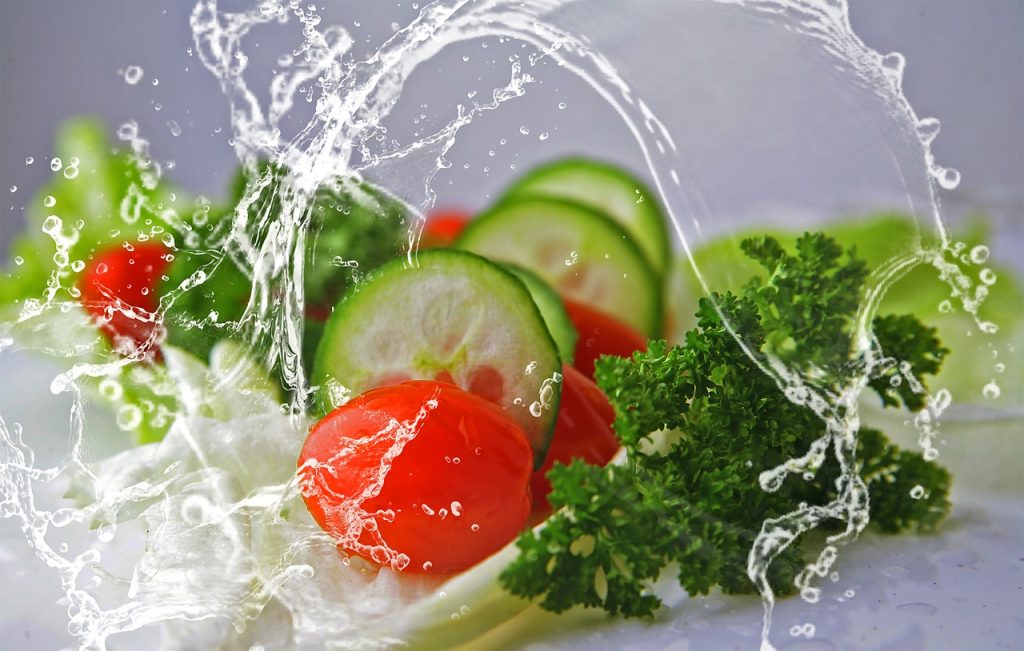A report from Mintel in the UK showed that 69% of 988 adults interviewed felt that it was hard to know which foods were healthy, because expert advice was always changing. Of course, there is some nutritional recommendations that have stood the test of time and should be followed by everyone, and undoubtedly some people use the changing expert advice to justify appalling eating habits.
Nutritional information keeps changing!
But the age-old strategy of listening to those in authority no longer seems to work as some information (or at least its emphasis and presentation) changes on an almost regular basis. The plethora of advice from medical and scientific experts, supplement manufacturers, non-orthodox nutritionists, popular books and the media can seem overwhelming. We need some way of judging all this information and advice and deciding which to follow.
How do I decide what to believe?
The starting point should be reviewing information in terms of the conditions that people have experienced in the past. For example, people have survived well without nutritional supplements. Mankind has not evolved with a health store or pharmacy around the corner, so to argue that we all need to take supplements does not make sense from this viewpoint.
It does make sense, however, if circumstances have changed so that life is now so different that supplementation is essential. This argument is used with force and validity by those who argue that we need to take mineral supplements because the soil has become so depleted through constantly growing foods in the same ground that it no longer contains the nutrients for the plants, and so these are not available for us to access in this natural way.
If you’re choosing a mineral supplement choose a plant-based, food-state one, as these contain minerals in the form we are meant to access them.
It does not make sense to say that everyone needs to take fish oils. Many people have evolved in places that do not have access to fish. There are two possibilities here. People with a genetic mutation that does not require the essential fatty acids to be essential have evolved in places where fish oils are not available. This is possible but only if the genetic mutation that favours this is effective during the child-bearing years. The alternative possibility is that there is a non-fish alternative source of essential fatty acids for those in areas with no access to fish. There are several alternatives such as pumpkin seeds, flax seed oil and hemp oil. It would be interesting to know if areas where fish have not been readily available did have access to some alternative source.
Does food combining make sense?
Food combining does not make sense in terms of how we evolved. A hunter is unlikely to say, “I’m not eating these succulent berries that I have just come across because I’ve managed to slay and eat a deer an hour ago.” (The protein in the deer is believed not to combine with fruit because of the different transit time in the gut for these different categories of food.)
This does not mean that some people do not feel better when they food combine, but the fact that they do is an indication that they have digestive problems that need addressing, rather than that everyone would benefit from food-combining.
Do we need to eat complete proteins?
For many years nutritionists talked about the importance of ‘complete proteins’. Complete proteins contain all the essential amino acids that cannot be made by the human body. Amino acids are vitally important because they build enzymes, hormones, muscle, skin, hair, antibodies, etc. This was a particular issue for vegetarians and vegans because many of their sources of protein were not complete, unlike meat which has a full complement of the essential amino acids They were urged to eat pulses and grains (e.g. baked beans on toast) at the same meal to ensure they achieved that magical complete protein.
Scientists have now established that it is not necessary to eat all of them at the same time, as long as they are all eaten. This change in advice is hardly surprising for early people were opportunistic hunters and foragers and may have gone for long periods with no source of complete protein available.
Do we need antioxidants?
In recent years there has been a lot of interest in antioxidants. Antioxidants are mainly found in fruit and vegetables, hence the widely supported advice to eat at least five portions of fruit and vegetables a day, but some advice goes further and suggests that everyone should be taking antioxidant supplements. Antioxidants are designed to counteract free radical damage.
Free radicals are a natural metabolic by-product, and they are used by the body to destroy harmful bacteria. The problem comes when excess free radicals are produced. When this happens, the free radicals attack healthy cells causing cell membranes to harden so that nutrients cannot get in and toxins are trapped inside. Alternatively cell walls may become punctured causing fluid to drain out.
Free radical damage includes stiff joints as the synovial fluid loses its lubricating quality, and leathery, wrinkled, sagging skin. It may also damage cell DNA leading to inappropriate cell division and the possibility of cancer. Antioxidants, which counter free-radical damage, are often labelled as the premier anti-ageing supplements, but does it make sense to say we need to take supplements? Excess free radical production can be caused by smoking, sunbathing, frying food, infections, excessive exercise, stress, radiation and environmental pollution. Exposure to the last three is certainly on the increase and this could be sufficient in itself to support a recommendation for anti-oxidant supplementation.
I hope you can see how you can apply this way of thinking to any nutritional advice that you get, allowing you to make sensible decisions that lead to a healthier you.


